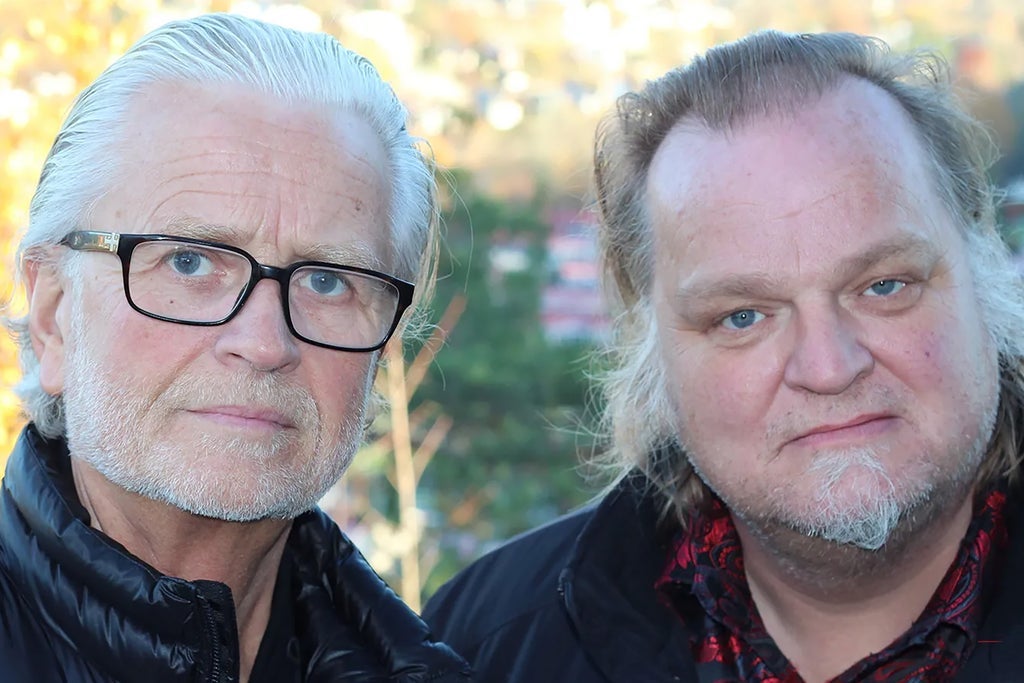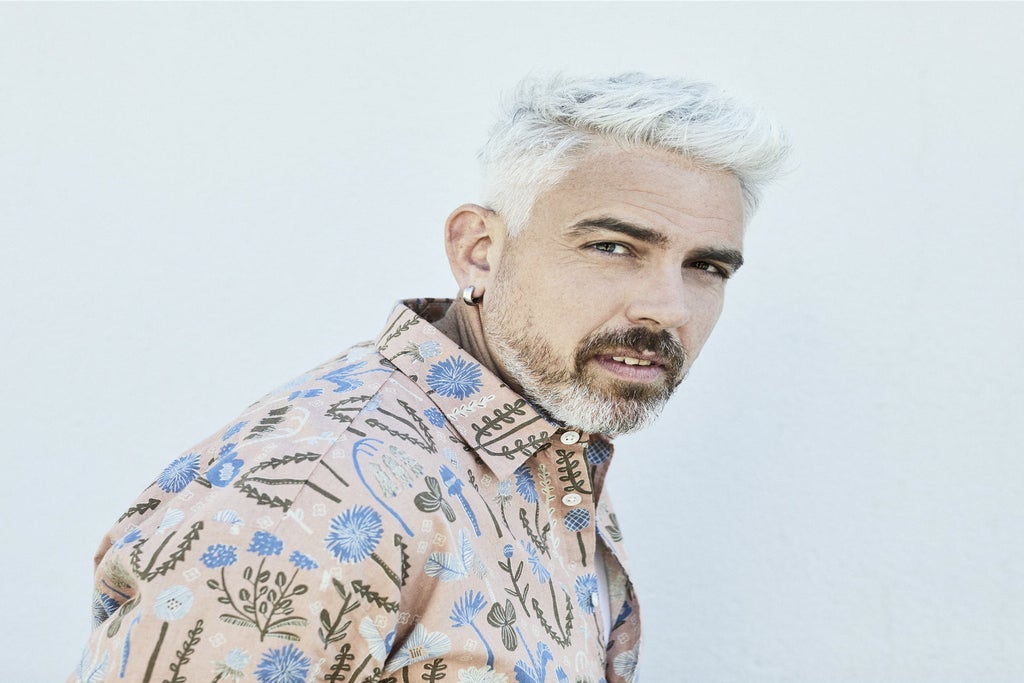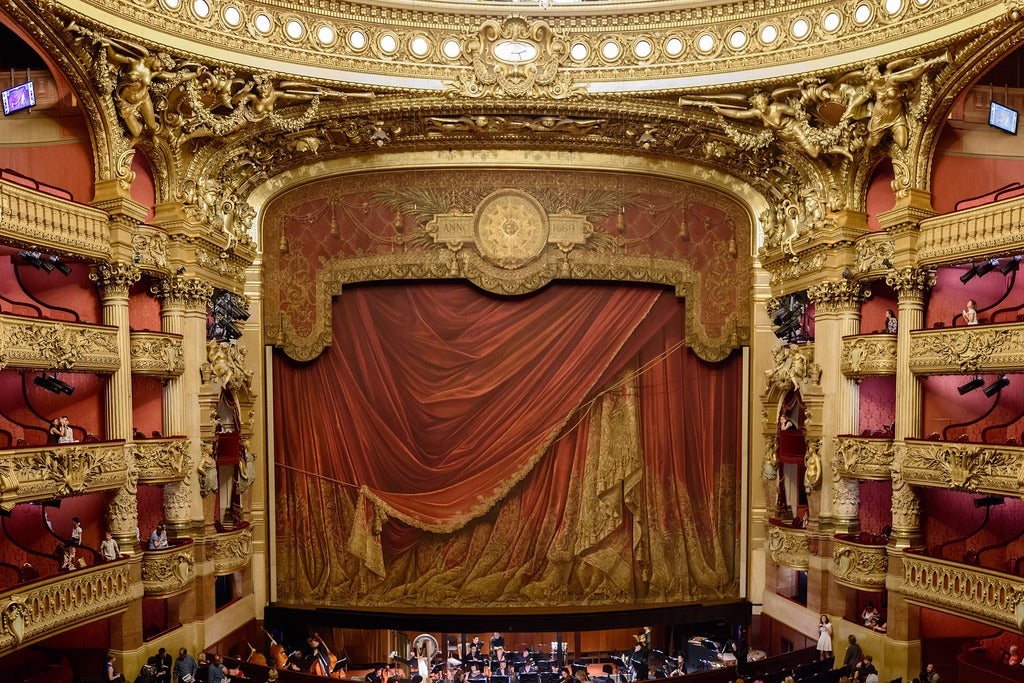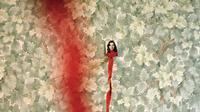"Gentlemen, give an old man back his daughter. To give her back will cost you nothing, my daughter is all I have in this world. Have pity, gentlemen, have pity."
- Rigoletto, Act II
“Oh! Victor Hugo’s Le Roi s’amuse is the greatest subject, and perhaps the greatest drama of modern times. It’s a work worthy of Shakespeare!” A few months before he wrote those words to Francesco Maria Piave urging him to “turn Venice upside down and persuade the Censor to authorise the subject” – no easy matter given that moral values would be easily offended – Verdi was working on an adaptation of King Lear. No doubt, he was already imbued with the play by his revered master, Shakespeare, when he read Victor Hugo's drama. On discovering in the works of the French writer to whom he would owe Ernani, the greatest triumph of his “difficult years”, a parallel with the triangle formed by the King, his daughter and the jester, it was “like a thunderbolt, an inspiration”.
Between the frivolous, licentious Duke, and Gilda, a victim of the ignorance which holds her captive, stands the double-faceted character of the hunchback, both buffoon and curse-obsessed father. Monstrous and heartrending, grotesque and sublime, the title role reaches its apogee in the aria “Cortigiani, vil razza dannata”, whose descending movement, from the explosion of rage to the moment of entreaty, confirms the composer’s ability to adapt a form inherited from bel canto to theatrical realism. Under the baton of Nicola Luisotti, this new production of Rigoletto marks director Claus Guth’s first collaboration with the Paris Opera.
Cast and Creative team for Rigoletto at Opéra national de Paris - Opéra Bastille
Music
Giuseppe Verdi
Libretto
Francesco Maria Piave
After Victor Hugo, Le Roi s'amuse
In italian
Conductor
Nicola Luisotti
Pier Giorgio Morandi
14 > 30 mai
Director
Claus Guth
Il Duca di Mantova
Michael Fabiano
9, 11, 14, 17, 23, 26 avril, 2, 5 mai
Francesco Demuro
20, 28 avril, 7, 10, 14, 16, 21, 24, 27, 30 mai
Rigoletto
Quinn Kelsey
9, 11, 14, 17, 23, 26 avril, 2, 5, 10, 16, 24 mai
Franco Vassallo
20, 28 avril, 7, 14, 21, 27, 30 mai
Gilda
Olga Peretyatko
9, 11, 14, 17, 23, 26 avril, 2, 5, 10, 16, 24 mai
Irina Lungu
20, 28 avril, 7, 14, 21, 27, 30 mai
Sparafucile
Rafal Siwek
9, 11, 14, 17, 23, 26 avril, 2, 5, 10, 16, 24 mai
Andrea Mastroni
20, 28 avril, 7, 14, 21, 27, 30 mai
Maddalena
Vesselina Kasarova
Giovanna
Isabelle Druet
Il Conte di Monterone
Mikhail Kolelishvili
Marullo
Michal Partyka
Matteo Borsa
Christophe Berry
Il Conte di Ceprano
Tiago Matos
La Contessa
Andreea Soare
Paggio della Duchessa
Adriana Gonzalez
Usciere di corte
Florent Mbia
Set design
Christian Schmidt
Costume design
Christian Schmidt
Choreography
Teresa Rotemberg
Lighting design
Olaf Winter
Dramaturgy
Konrad Kuhn
Video
Andi A. Muller
Chorus master
José Luis Basso
Videos

|
BENCHED
Rødovre Teaterforening - Viften (3/13 - 3/13) | |

|
Kleive & Reiersrud
Flekkefjord Kirke (4/26 - 4/26) | |

|
Dödlig Duett 1931
Aspenäs Herrgård (10/4 - 11/15) | |

|
Velká muzikálová show
O2 universum (10/7 - 10/7) | |

|
AVATAR: THE LAST AIRBENDER IN CONCERT
Oslo Spektrum (3/18 - 3/18) | |

|
TRYGVE SKAUG-#alltidpåtour
Brygga Kultursal (3/14 - 3/14) | |

|
ROMEO ET JULIETTE
LA COUPOLE (4/4 - 4/4) | |
| VIEW SHOWS ADD A SHOW | ||
Recommended For You



